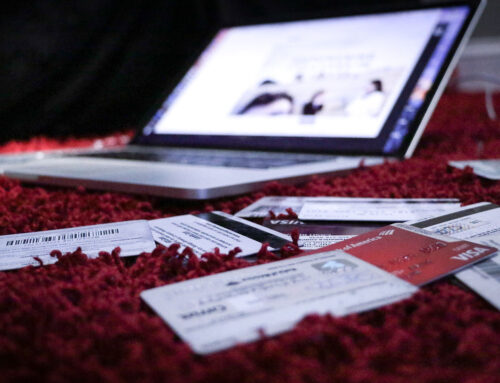 This morning I received a voice mail message from a former chapter 7 client. She received her discharge in August 2012. In her voicemail, she stated that a collection agency was calling her to collect on a credit card that was part of the bankruptcy. I immediately called the collection agency and explained to them that they are violating federal law by trying to collect on a debt that was discharged in a bankruptcy.
This morning I received a voice mail message from a former chapter 7 client. She received her discharge in August 2012. In her voicemail, she stated that a collection agency was calling her to collect on a credit card that was part of the bankruptcy. I immediately called the collection agency and explained to them that they are violating federal law by trying to collect on a debt that was discharged in a bankruptcy.
The individual that I spoke with assured me that he would update their records (he stated that the original creditor that they purchased the debt from erroneously told them that this debt was somehow “excluded” from the bankruptcy). He further assured me that his firm will no longer make any more phone calls and/or take any other collection action based on this debt.
Before ending this call, the debt collector asked if I would ever advise a client to pay money on a debt that was discharged in a bankruptcy “to help their credit score.” I said absolutely not. I explained that paying on a discharged debt will not help the debtor’s credit score since the credit reports will already have a notation stating that the debt was included in a bankruptcy. Indeed there is no legal prohibition against paying on debt that was discharged in a bankruptcy. But the purpose of a bankruptcy is to obtain the benefit of a discharge and the fresh start and to move forward without the burden of the dischargeable debt. (It is very important to start rebuilding your credit with a secured credit card after a bankruptcy discharge. And for most people, their credit score post-bankruptcy—with a positive post-bankruptcy credit history—will be a lot better than what their credit score was before filing the bankruptcy.) The only unsecured and discharged debt that I would recommend that a client pay after a discharge (assuming the client wants to pay this money back) would be money owed to their doctor, dentist, friend, and/or family member.
It is very important for a debtor considering bankruptcy to be careful about repaying money to friends and/or family members before filing a bankruptcy. The reason is that the trustee has the power to get this money back either from the person who received the money or from the debtor if it was more than $600 in the aggregate to that individual within the 12 months before filing. But, as discussed above, it will be OK for the debtor to repay the debt after they have received their bankruptcy discharge. As always, this information is not meant to give specific legal advice and it is highly recommended that you speak with an experienced bankruptcy attorney in Portland to discuss the specifics of your situation. I am happy to meet with you and discuss your situation.




